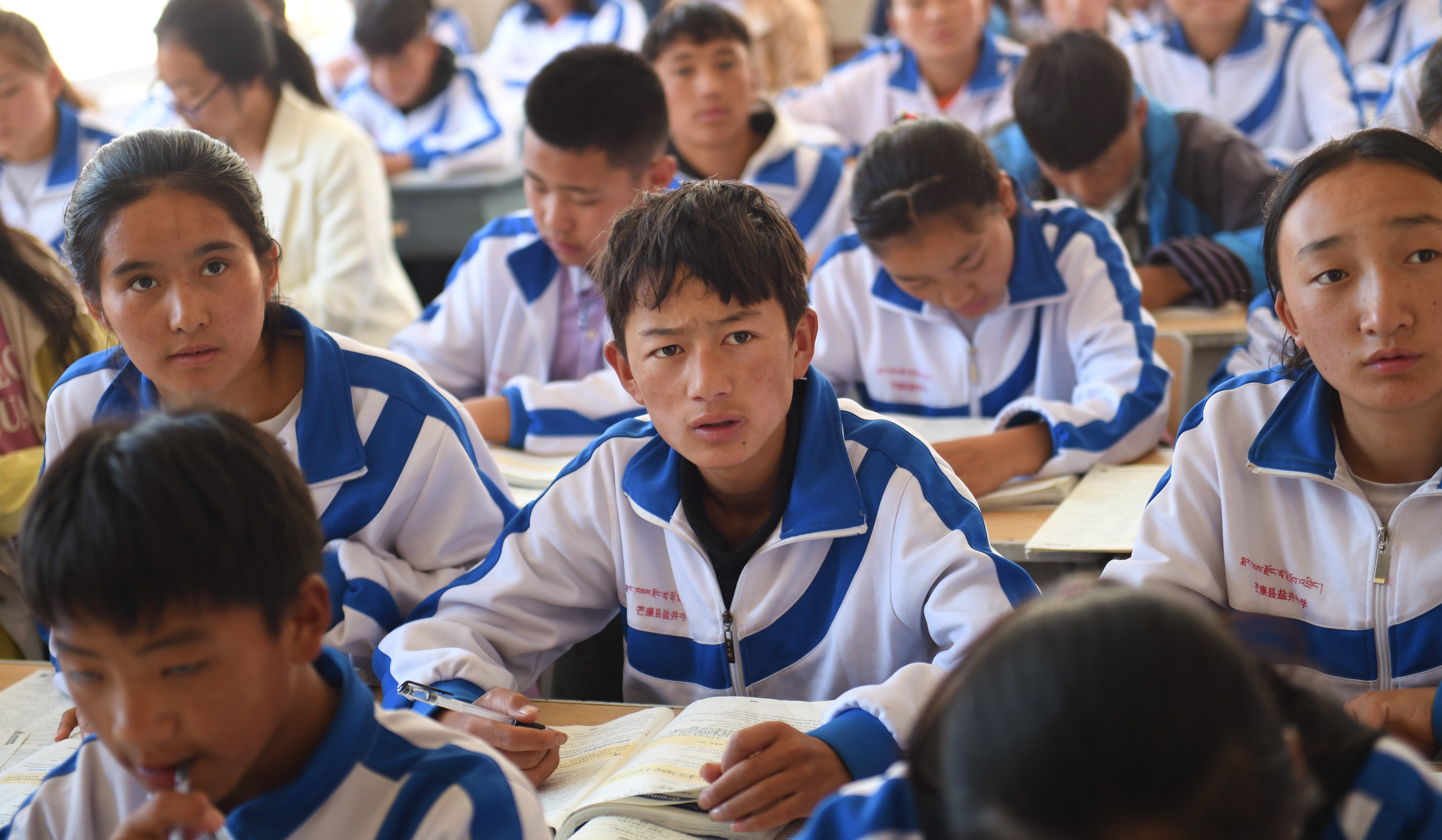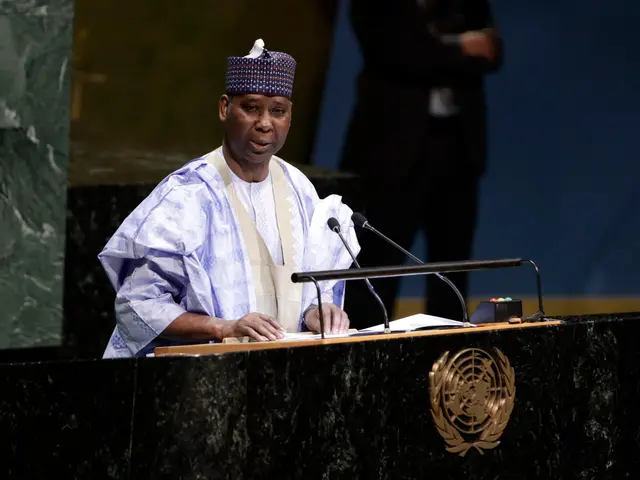UN General Assembly (UNGA) President Tijjani Muhammad-Bande on Thursday said that education is a key element to the 2030 Agenda for Sustainable Development, while giving a thumbs-up to China's success in education.
"I think education is a key element in any effort to achieve the SDGs (the Sustainable Development Goals)," said Muhammad-Bande in an exclusive interview with Xinhua one day before the International Day of Education, which falls on Friday.
People must acquire skills and knowledge through education so they can deal with matters including the eradication of poverty, food production, defending human rights, building partnerships, meeting environmental challenges, and building infrastructure, he said.
"You need education and knowledge to do all these," he noted.
Education is something that "you learn, you engage in from cradle to death," said Muhammad-Bande. "Everyone can learn something at any age and it defines the character of a human being, the ability to continue to learn."
Speaking about the essence of education, he said that "education has never been just simply an issue of reading or writing. Education is also something that nurtures a culture."
The Global Partnership for Education, a multi-stakeholder partnership and funding platform that aims to strengthen education systems in developing countries, has said that "if each developing country invested just 15 cents more per child, it could make all the difference."
"All of us are able to give 1 cent and use it judiciously to train teachers who will teach or to build schools or to buy equipment for science or to build equipment for practice in technology classes," he said.
"It is simply the consistency of what we give."

File Photo: Students have a class in Yanjing Middle School in Qamdo, southwest China's Tibet Autonomous Region, June 6, 2019. A total of 27.2 billion yuan (about 3.9 billion U.S. dollars) was put into education in Tibet in 2019. (Xinhua/Jigme Dorje)
He added that all should understand the critical nature of education in the development of an individual and of society.
Speaking of the vulnerable children in conflict or poverty-stricken areas, Muhammad-Bande said that "while there are conflicts, people are on the move and feel uncertain. The education of children is disrupted."
"If no action is taken, we run the risk of losing a whole generation," said the president, who ardently advocates providing education in humanitarian crises.
Muhammad-Bande called on the international community to mobilize more resources to help vulnerable children.
"To create a safe zone for learning is important," said the president.
On China's huge strides in education, Muhammad-Bande said that leadership and policy have played a big role in this regard.
Noting that China will likely achieve its goal of eradicating extreme poverty by the end of 2020, the president said that education has played a big part.
China has "a long-term vision, because at times having a long-term vision does help," he added.
 简体中文
简体中文

